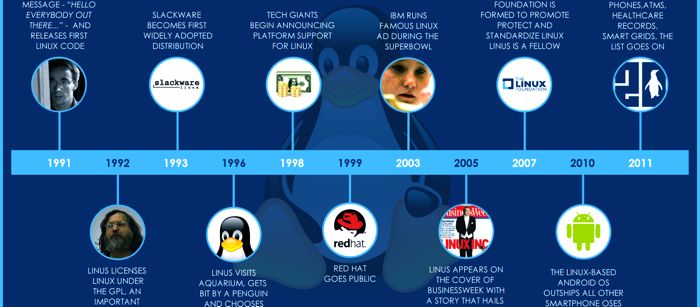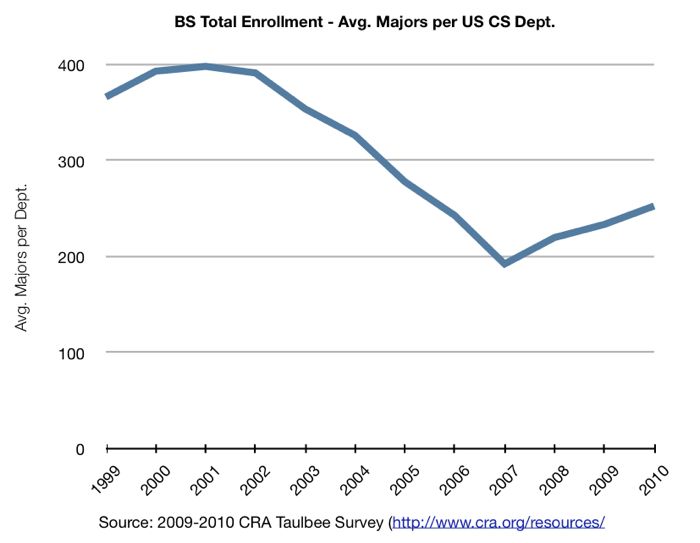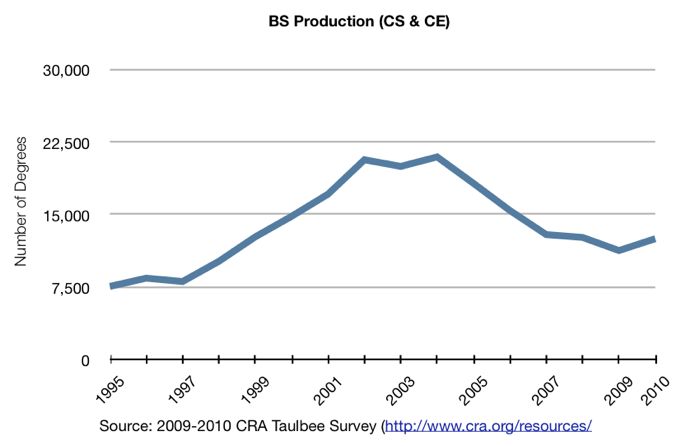
Master's Thesis Defense Announcement
Problem Selection of Program Tracing Tasks in an Intelligent
Tutoring System and Visual Programming Environment
David Walser
2:00pm Thursday, 28 April 2011, ITE 325b
Intelligent tutoring systems (ITSs) have been shown to be an effective supplementary teaching tool or aid for many domains. Applying ITSs in open-ended domains such as computer programming is especially challenging, most notably when trying to assist with the process of programming itself. Existing ITSs for programming focus on a very limited set of problems and concepts and are only useful early in an introductory CS course and a few limited places afterward. Visual programming environments are another tool that have been used in introductory CS courses to help students learn basic concepts. The key idea behind my work is the recognition of the importance of students' ability to read, understand, and trace code in order to write programs successfully. A broader goal of my work is to show that an ITS based on a visual programming environment can be used to support students throughout an entire introductory CS course, without being severely constrained and limited to a small number of concepts and to low-level, simple tasks. In my system, called RUR-ITS, students are given a program and are asked to predict the robot's behavior when running this program in a given environment. RUR-ITS allows each problem to be assigned a difficulty level and multiple concepts that it involves within the conceptual model. RUR-ITS can then use a problem selection algorithm to choose a problem that is most able to help the student master the concepts that they have not yet mastered.
Thesis Committee:
- Dr. Marie desJardins, Chair
- Dr. Tim Finin
- Dr. Tim Oates









